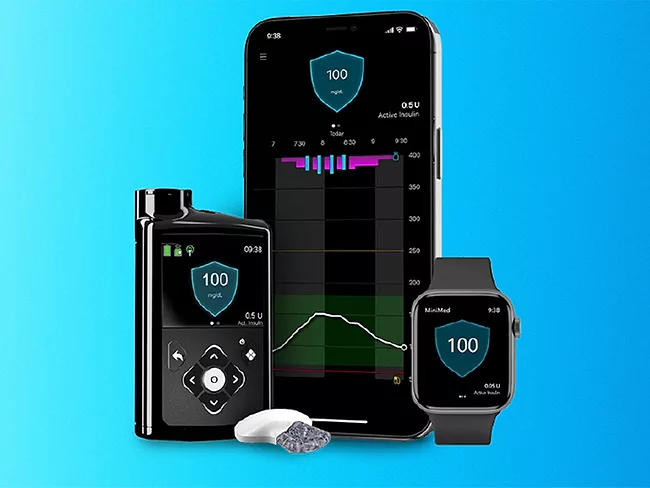
- BioWorld
- BioWorld MedTech
- BioWorld Asia
- BioWorld Science
- Data Snapshots
- Special reports
- Infographics: Dynamic digital data analysis
- Trump administration impacts
- Biopharma M&A scorecard
- BioWorld 2024 review
- BioWorld MedTech 2024 review
- BioWorld Science 2024 review
- Women's health
- China's GLP-1 landscape
- PFA re-energizes afib market
- China CAR T
- Alzheimer's disease
- Coronavirus
- More reports can be found here
ARTICLES
Med Tech Conference 2024
Shuren confirms Tarver in as FDA’s device center director
Oct. 18, 2024
By Mark McCarty
2024 Med Tech Conference
CBO scoring impedes expanded Medicare digital benefit categories
Oct. 16, 2024
By Mark McCarty
2024 Med Tech Conference
EU's MDR pain points exacerbated by lack of member state harmony
Oct. 16, 2024
By Mark McCarty
2024 Med Tech Conference
US Judicial Conference eyes third-party litigation funding
Oct. 15, 2024
By Mark McCarty
- BioWorld
- BioWorld MedTech
- BioWorld Asia
- BioWorld Science
- Data Snapshots
- Special reports
- Infographics: Dynamic digital data analysis
- Trump administration impacts
- Biopharma M&A scorecard
- BioWorld 2024 review
- BioWorld MedTech 2024 review
- BioWorld Science 2024 review
- Women's health
- China's GLP-1 landscape
- PFA re-energizes afib market
- China CAR T
- Alzheimer's disease
- Coronavirus
- More reports can be found here








